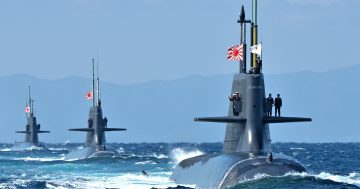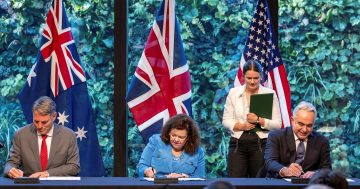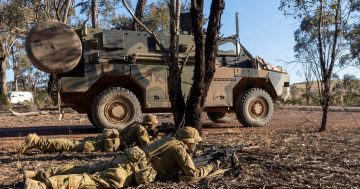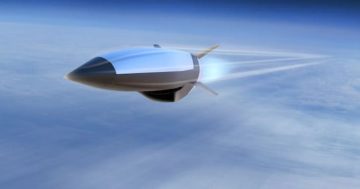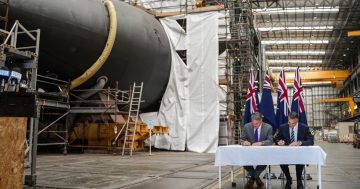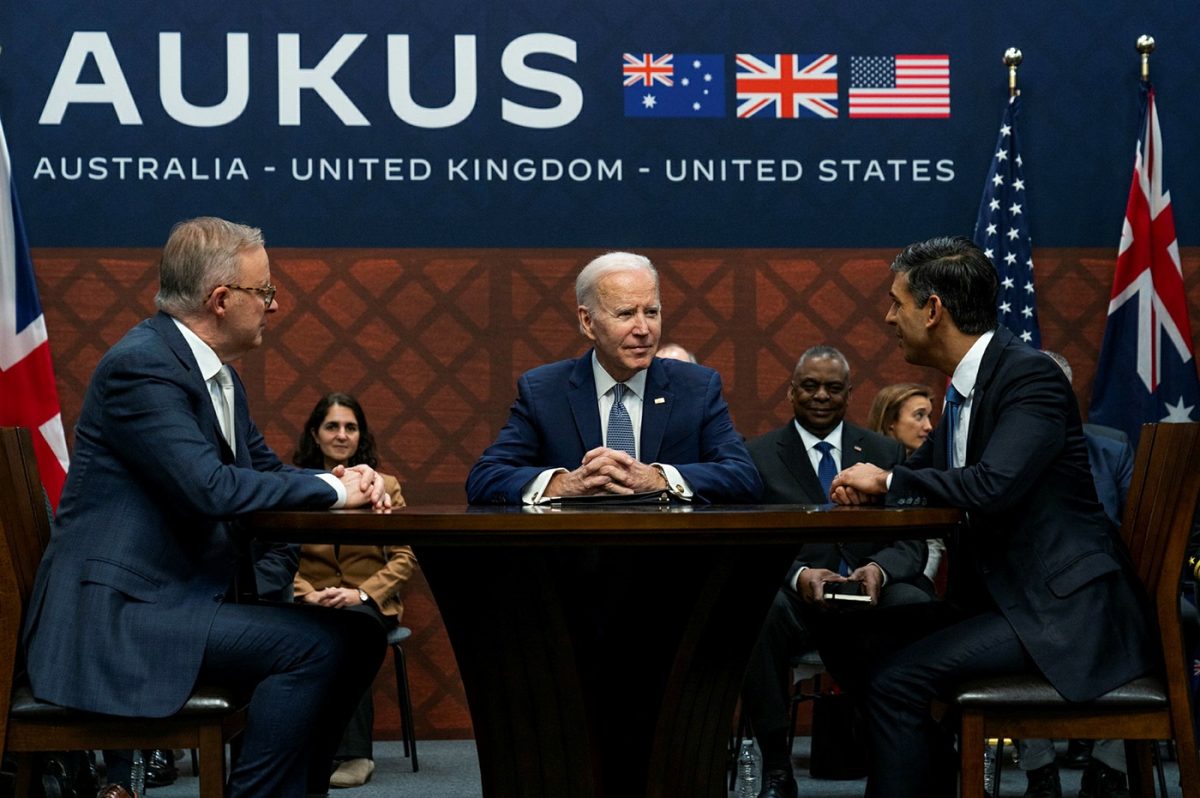
The relaxing of trade and arms export regulations between Australia, the UK and the US are necessary to allow the sharing of technologies under AUKUS. Photo: ADF.
The United States Department of Commerce has announced that Australia and the United Kingdom will be provided with a national exemption from the Export Administration Regulations under the AUKUS construct.
The announcement will reduce the burden associated with US export licences for dual-use goods to Australia, valued at almost $US2bn ($A3.11bn).
Australia has welcomed the announcement, saying it will further streamline export control licensing requirements for the AUKUS trilateral partners.
“A licence-free environment between Australia, the UK and the US will revolutionise collaboration and enable unprecedented levels of scientific, technological and industrial cooperation and co-development,” a Defence statement said.
The exemption comes after the US passed the National Defense Authorization Act for Fiscal Year 2024 in December 2023, which established a full national exemption for Australia and the UK from US export control licensing requirements for military end-use items.
This US action is complemented by the Defence Trade Controls Amendment Act 2024, which passed through the Australian Parliament in March 2024. The act provides a reciprocal national exemption for the US and the UK from Australia’s export control permit requirements.
Australia will also soon release amendments to the Defence Trade Controls Regulation 2013 and Customs (Prohibited Exports) Regulations 1958 for public consultation, with the proposed amendments to the regulations to give effect to specific elements of the Defence Trade Controls Amendment Act 2024.
In September 2024, the national exemption for the US and the UK from Australia’s export control legislation will come into effect, as will the UK’s Open General Export Licence, which will give effect to the exemption for Australia and the US.
The US Department of State will also release the International Traffic in Arms Regulations (ITAR) for public consultation, which will give effect to the exemption for Australia and the UK from the US’s ITARs.
Many of the regulation relaxations are necessary for technology to be shared by each country, including nuclear propulsion under AUKUS Pillar One, and many of the advanced technologies under development for AUKUS Pillar Two, such as autonomous systems, hypersonics, quantum computing, space, electronic warfare, cyber, and undersea systems.
Defence said the new licence-free environment would support industry, higher education, and research sectors in all three nations to cooperate with lower technology transfer barriers and costs of trade.
“AUKUS nations are committed to working with our industry partners, and higher education and research sectors to ensure the exemptions, taken together, deliver real benefits, unlock opportunities and promote outcomes that support our shared interest,” it said.
“We look forward to continued engagement with stakeholders, including after trilateral partners publish draft regulations for consultation.”



